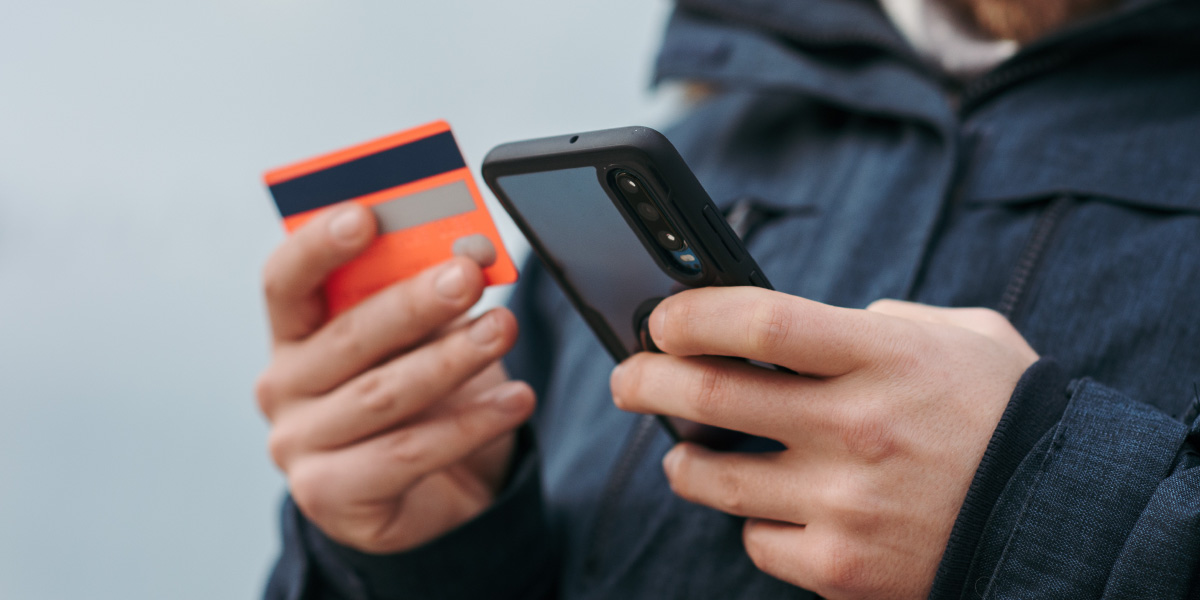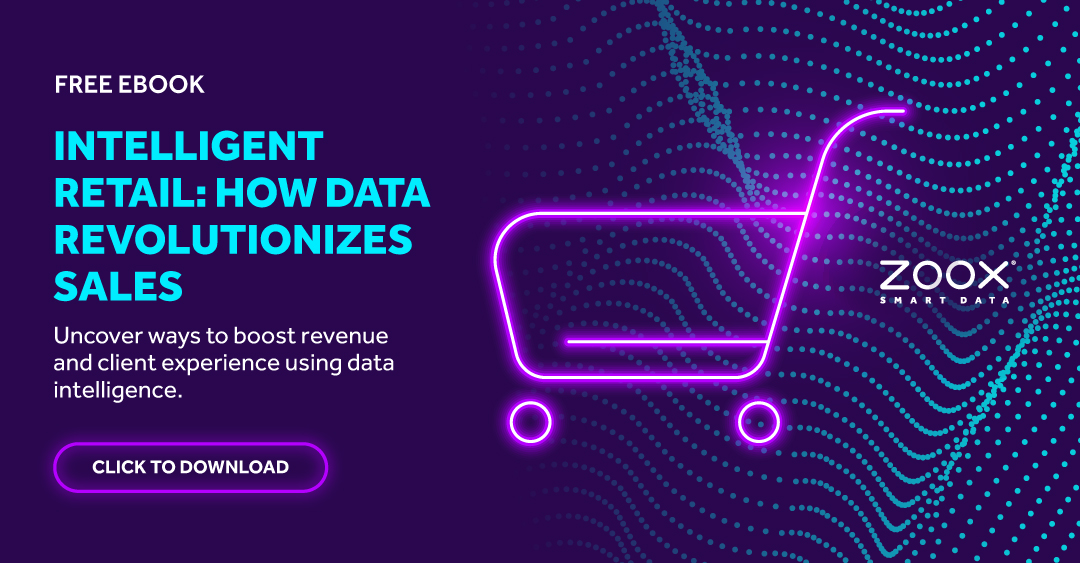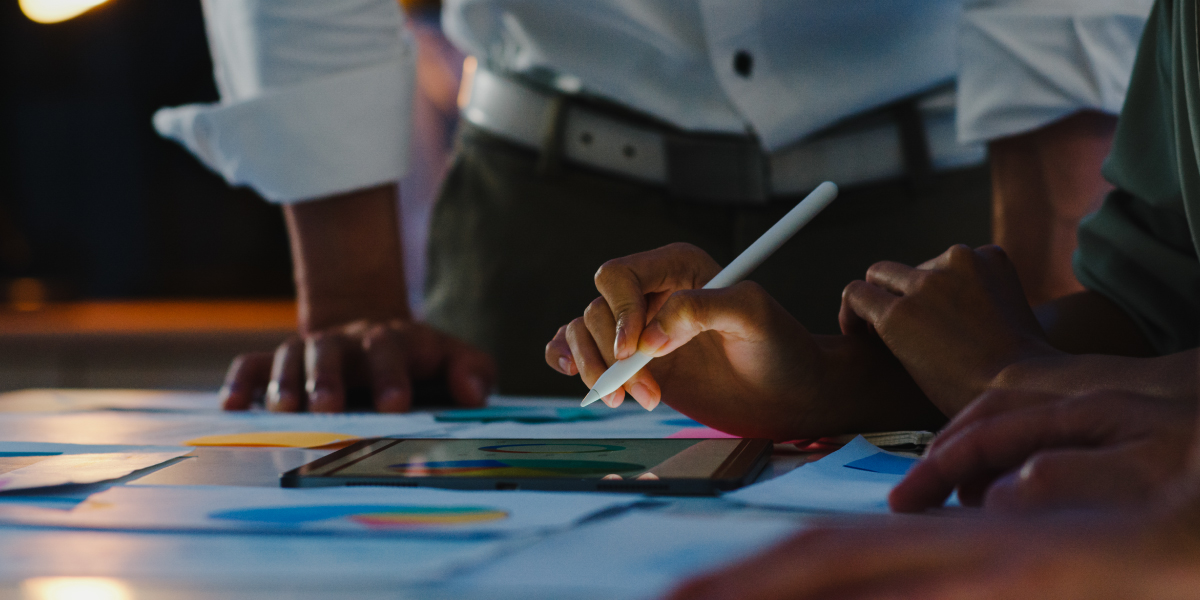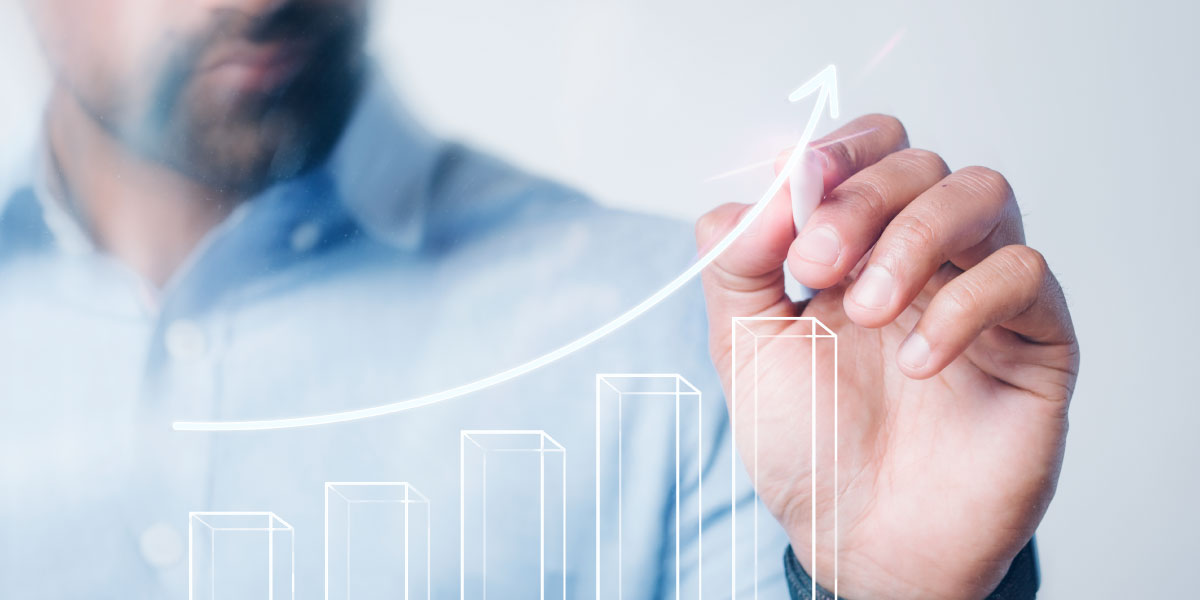E-commerce, Virtual Reality and Retail's Next Steps
 Zoox Smart Data - 30 de September de 2022.
Zoox Smart Data - 30 de September de 2022.
We have faced a new way of living, consuming and desiring during the pandemic. After overcoming the measures of isolation and lack of interpersonal contact, it seems that technology and e-commerce as a fulcrum for business actions never done before are here to stay.
For many, it was quite a new thing to shop online or study via video chat apps - and one that was well accepted by many consumers. Nielsen's 2020 survey saw higher than average growth in new Brazilian e-commerce consumers, i.e., those who made an online purchase for the first time.
The 2022 report, on the other hand, presents a perspective of recovery for Retail, but with significant structural changes. The first semester of 2022 presents a 6% growth versus the previous semester, reaching the 118.6Bi mark in sales.
The most representative sectors were Food & Beverages, Home & Decoration, Perfume & Cosmetics and Fashion & Accessories - although Food & Beverages is linked to subsistence, the other categories have a direct link to 'experience and well-being', see?
Pandemic has changed the way we prioritize our purchases and how we want to do them. And the companies that adapt fastest by providing us with amazing, frictionless experiences - and free shipping - will come out ahead in the race against the competition.
In 2020, when Nielsen's Director of Intelligence Nicole Corbett talked about health, she was also talking about quality of life. And she couldn't have been more right in her prediction.
"Without a doubt, adopting technology to stay informed and protect your health can inspire confidence in a stressful time, and this could be the unforeseen catalyst to extend the reach of technology platforms and solutions, not just in the short term, but in the long term as well"
Virtual Reality: the in-store experience at home
As COVID-19 cases increased around the world, artificial and virtual reality (A/VR) technology brought the store experience into homes. The ability to shop remotely, visualize clothing on your body through the camera, or even simulate your best size by assembling a personalized avatar. All this in the comfort of your own home.
A virtual shelf is loaded with a selection of items based on your shopping history. You select products, ask the virtual assistant questions, and check other people's ratings.
What seemed far off, is now a reality for many retail stores in fashion, supermarkets, and other industries. Smartphone apps also take advantage of augmented reality to show how a piece of furniture or paint color will look in the consumer's home.
"Consumers are less prepared to physically experience products and that's where augmented reality can replicate experiences," says Ji Hyuk Park, business leader at Nielsen South Korea.
- Learn about real examples in different industries in the article: Phygital in retail: technology solutions for the future of the industry
The progression in the use of technology can start with basic functionalities offered by smartphones, such as mobile payments. But more important than adapting by acquiring the best tools and software, is recognizing their value as data sensors, capable of bringing valuable insights for your business to anticipate trends, generate more value, and make targeted offers.
As consumers become more comfortable with digital tools and understand the value in giving up their personal data, new advances such as automatic subscriptions and geolocation-based personalized offers will change the way they shop and accelerate the adoption of more sophisticated tools than VR.
- Read also: Data Wallet: How does a virtual wallet work?







Comments